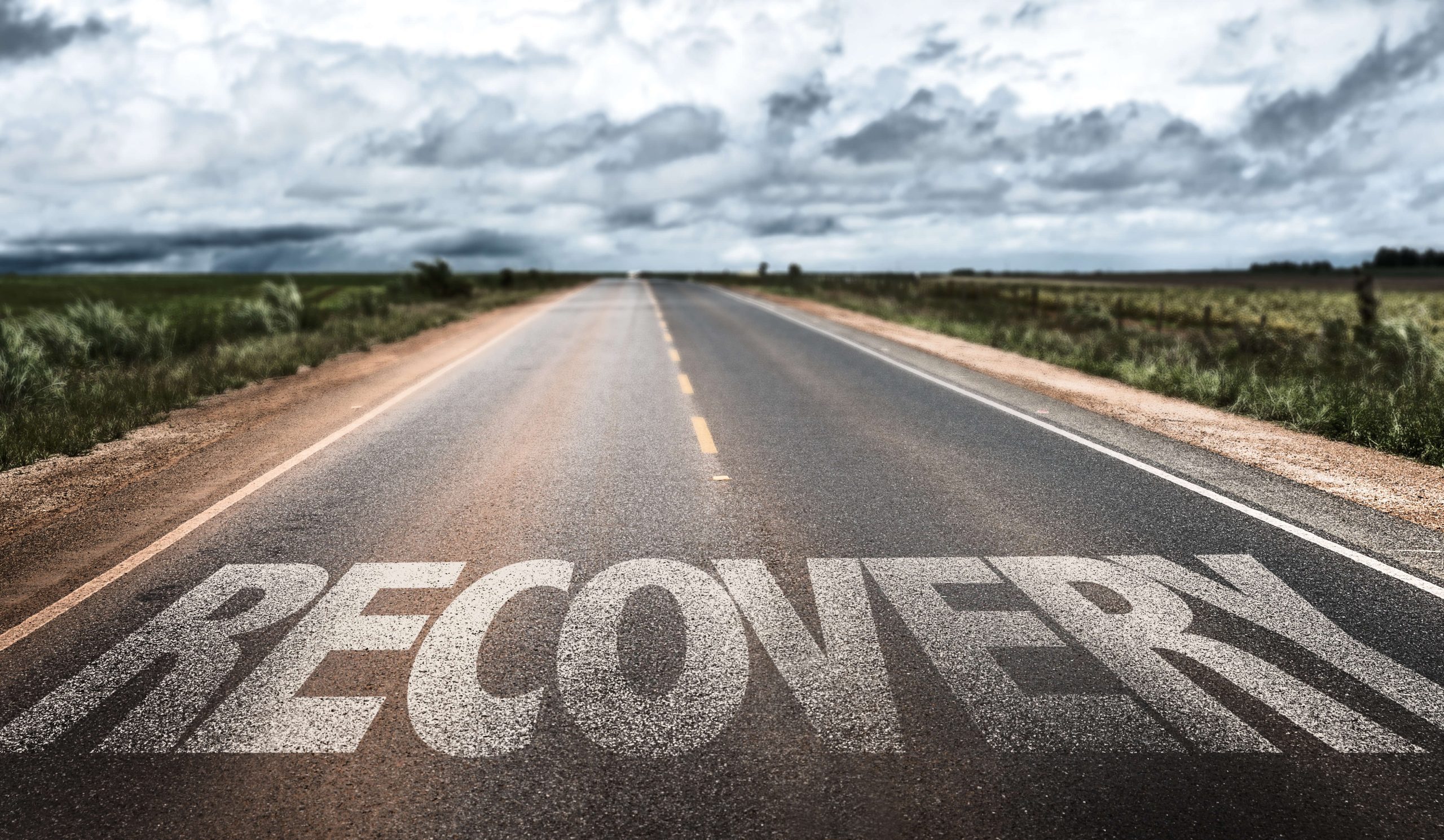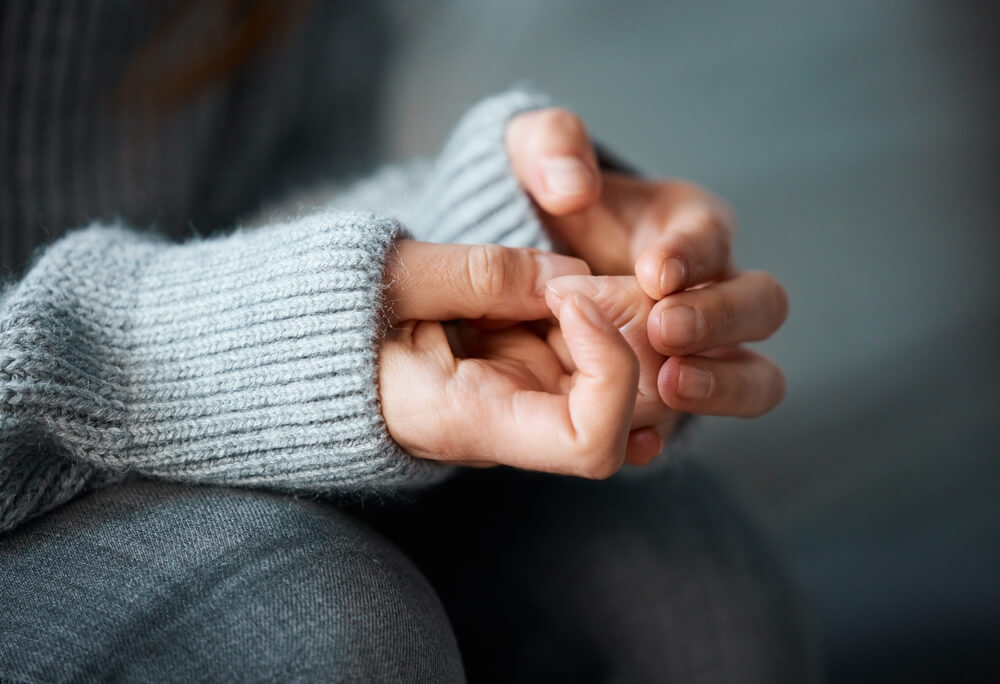Understanding Bipolar Depression: Definition, Symptoms & Treatment
What is Bipolar Depression?
Definition
Bipolar depression is a specific phase of bipolar disorder, a mental health condition characterized by extreme mood swings that include emotional highs (mania or hypomania) and lows (depression). Bipolar depression refers to the depressive episodes that people with bipolar disorder experience. Unlike typical depression, bipolar depression is part of a broader spectrum of mood disturbances that can significantly affect an individual’s life.

Bipolar Disorder Types
Bipolar disorder is generally categorized into three types:
- Bipolar I Disorder: Characterized by manic episodes that last at least seven days or by manic symptoms that are so severe they require immediate hospital care. Depressive episodes also occur, typically lasting at least two weeks.
- Bipolar II Disorder: Defined by a pattern of depressive episodes and hypomanic episodes, which are less severe than manic episodes.
- Cyclothymic Disorder (Cyclothymia): Marked by periods of hypomanic symptoms as well as periods of depressive symptoms lasting for at least two years (one year in children and adolescents). However, the symptoms do not meet the diagnostic requirements for a hypomanic episode and a depressive episode.
Symptoms of Bipolar Depression
Depressive Episodes
During a depressive episode, individuals with bipolar disorder may experience several of the following symptoms:
- Persistent Sadness: A deep, unshakeable feeling of sadness or emptiness.
- Loss of Interest: Diminished interest or pleasure in almost all activities, including previously enjoyable activities.
- Changes in Sleep: Insomnia or sleeping too much.
- Changes in Appetite: Significant weight loss when not dieting, weight gain, or decreased or increased appetite.
- Fatigue: Chronic fatigue or loss of energy.
- Feelings of Worthlessness or Guilt: Excessive or inappropriate feelings of guilt or worthlessness.
- Cognitive Difficulties: Diminished ability to think, concentrate, or make decisions.
- Thoughts of Death or Suicide: Recurrent thoughts of death, suicidal ideation, or suicide attempts.

Differences Between Bipolar Depression and Major Depressive Disorder
While the symptoms of bipolar depression and major depressive disorder (MDD) can be similar, there are crucial differences:
- Mood Swings: Individuals with bipolar disorder experience mood swings that can include manic or hypomanic episodes, while those with MDD do not.
- Treatment Response: The treatment for bipolar depression often differs from that for MDD. For example, some antidepressants can trigger manic episodes in people with bipolar disorder.
Causes and Risk Factors
Genetic Factors
Bipolar disorder has a strong genetic component. Individuals with a family history of bipolar disorder are at a higher risk of developing the condition. Research has identified several genetic markers associated with an increased risk of bipolar disorder.
Biological Differences
Biological differences in the brain may also contribute to bipolar disorder. Studies have found structural and functional abnormalities in the brains of people with bipolar disorder.
Environmental Factors
Environmental factors, such as stressful life events, trauma, and significant life changes, can trigger bipolar episodes in people who are genetically predisposed to the disorder.
Diagnosis
Clinical Evaluation
Diagnosing bipolar disorder, including bipolar depression, involves a thorough clinical evaluation by a mental health professional. This evaluation typically includes:
- Medical History: A detailed medical and psychiatric history to rule out other conditions.
- Symptom Assessment: An assessment of the individual’s symptoms, including their duration and severity.
- Family History: Gathering information about any family history of bipolar disorder or other mental health conditions.
- Mood Charts: Keeping a daily record of mood symptoms, sleep patterns, and other factors to help identify patterns.
Treatment of Bipolar Depression
Medication
Medication is often a cornerstone of treatment for bipolar depression. Commonly prescribed medications include:
- Mood Stabilizers: Such as lithium, which can help control mood swings and prevent manic and depressive episodes.
- Antipsychotics: Such as quetiapine (Seroquel) and lurasidone (Latuda), which are effective in treating bipolar depression.
- Antidepressants: These are sometimes used in combination with mood stabilizers to prevent triggering manic episodes.
Psychotherapy
Psychotherapy, also known as talk therapy, is an essential component of treatment. Effective therapeutic approaches include:
- Cognitive Behavioral Therapy (CBT): Helps individuals identify and change negative thought patterns and behaviors.
- Interpersonal and Social Rhythm Therapy (IPSRT): Focuses on improving interpersonal relationships and establishing regular daily routines to stabilize mood swings.
- Psychoeducation: Educates individuals and their families about bipolar disorder and its management.
Lifestyle and Home Remedies
Adopting a healthy lifestyle can also play a significant role in managing bipolar depression. Recommendations include:
- Regular Exercise: Physical activity can improve mood and overall health.
- Healthy Diet: Eating a balanced diet can help stabilize mood swings.
- Adequate Sleep: Maintaining a regular sleep schedule is crucial for mood regulation.
- Stress Management: Techniques like mindfulness, meditation, and yoga can help manage stress.
Coping with Bipolar Depression
Building a Support Network
Having a solid support network is vital for individuals with bipolar disorder. This can include family, friends, support groups, and mental health professionals. Sharing experiences and receiving support from others can make a significant difference.
Developing Coping Strategies
Learning and practicing effective coping strategies can help manage the symptoms of bipolar depression. Strategies might include:
- Monitoring Mood: Keeping track of mood changes and identifying triggers.
- Creating a Routine: Establishing a daily routine to provide structure and stability.
- Setting Realistic Goals: Setting achievable goals to avoid becoming overwhelmed.
Research and Future Directions
Ongoing Research
Ongoing research aims to improve the understanding and treatment of bipolar depression. Studies are investigating the underlying causes of bipolar disorder, including genetic, biological, and environmental factors. Advances in neuroimaging and genomics are providing new insights into the condition.
Innovative Treatments
Innovative treatments are being developed and tested to provide more effective options for individuals with bipolar depression. These include novel medications, brain stimulation therapies, and personalized treatment approaches based on genetic and biological markers.


Bipolar depression is a complex and challenging condition that requires a comprehensive approach to treatment and management. Understanding the symptoms, causes, and available treatments is crucial for individuals affected by bipolar disorder and their loved ones. By working closely with healthcare providers, adopting healthy lifestyle habits, and building a strong support network, individuals with bipolar depression can lead fulfilling and productive lives. Ongoing research continues to offer hope for new and improved treatments, further enhancing the quality of life for those living with this condition.
Published: June 05, 2024
Last Updated: June 02, 2025

Published: February 20, 2026
IOP Program for Depression
Summary: Depression is one of the most common mental health conditions in the United States, affecting an estimated 21 million adults each year. It causes persistent changes in mood, energy, motivation, sleep, and concentration that interfere with daily functioning, work, and relationships. IOP program for depression provides structured, evidence-based treatment — including individual therapy, group […]
Read more
Published: February 05, 2026
Intensive Outpatient Program for Anxiety
Summary: Anxiety disorders are the most common mental health conditions in the United States, affecting an estimated 40 million adults each year according to the National Institute of Mental Health. While temporary anxiety is a normal response to stress, anxiety disorders involve persistent, excessive worry and fear that interfere with daily functioning, relationships, and quality […]
Read more
Published: January 26, 2026
OCD vs. Autism: Understanding the Differences
Obsessive-compulsive disorder (OCD) and autism spectrum disorder (ASD) are often confused with one another. Both can involve repetitive behaviors, rigid routines, sensory sensitivities, and distress when things feel “off.” From the outside, the overlap can look striking. But in clinical treatment, the why behind those behaviors matters just as much as the behaviors themselves. At […]
Read more
